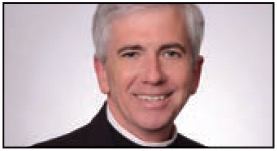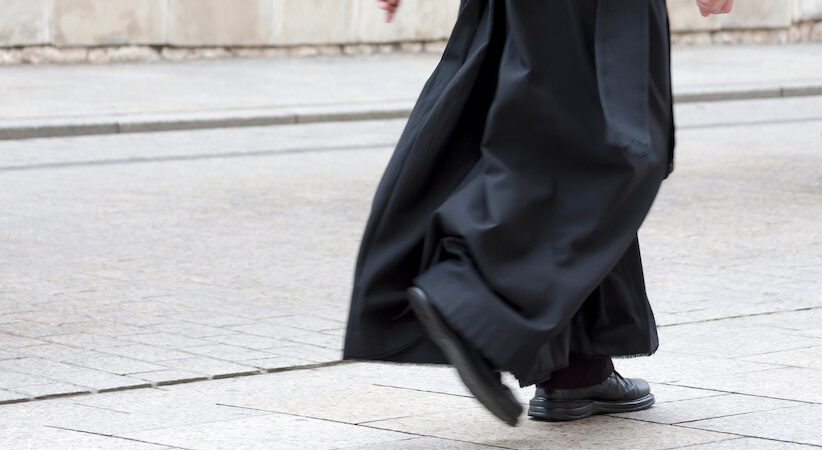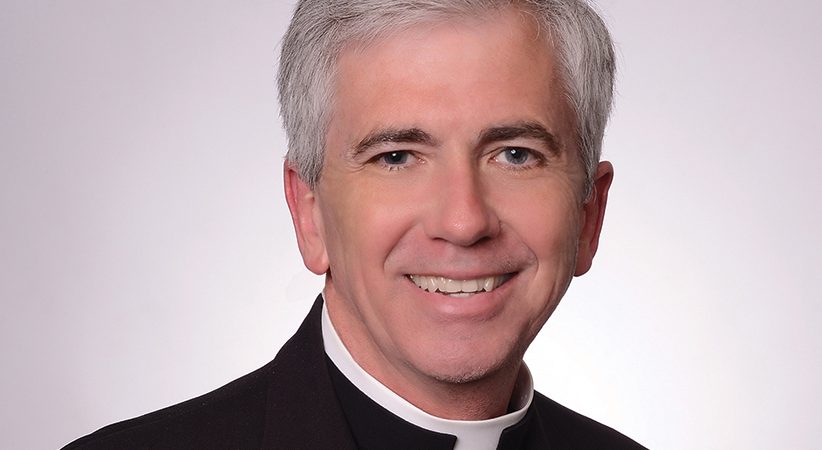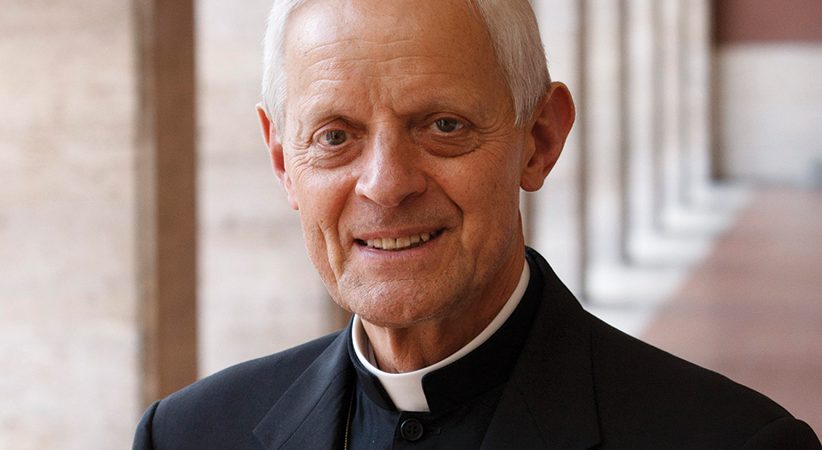Moving Onward
Leaving room for change in our lives is much needed
Father Patrick M. Carrion Comments Off on Moving Onward
 We have heard and probably said the phrases, “Been there, done that,” or “Nothing new under the sun.” And from the other side of the coin: “It has always been this way.” But in reality, it is fair to say, “It has never ‘always been that way,’” or, in other words, to express the oxymoron backward: “It has always ‘never been that way for long.’” Life is ever-changing, the world is always spinning, and we are turning within it.
We have heard and probably said the phrases, “Been there, done that,” or “Nothing new under the sun.” And from the other side of the coin: “It has always been this way.” But in reality, it is fair to say, “It has never ‘always been that way,’” or, in other words, to express the oxymoron backward: “It has always ‘never been that way for long.’” Life is ever-changing, the world is always spinning, and we are turning within it.
Each year, about now, every school, no matter how long it has been in existence, is undergoing a massive change. Every four-year high school is 25% different than last year. One of the four grades is brand new and one of the grades which was, is no more. Each year, students come and go. Each year, the school becomes different while remaining the same.
The Greek philosopher Heraclitus, six centuries prior to Christ, gave voice to the concept of the constancy of change. His famous words, “No man ever steps in the same river twice,” were echoed on children’s lips singing the Disney “Pocahontas” song “Just Around the River Bend.” Its lyrics: “You can’t step in the same river twice, the water’s always changing, always flowing.”
If only each of us, as well as each parish and parishioner, who longs to hold onto what was, would remember that wisdom. When one steps in the river and chooses to become stuck in the mud, the flow of the river and life-giving water passes by them, leaving them behind.
Whether desired or not, leaving room for change in our lives is much needed. Allowing room for change in our lives brings forth freshness within us. Maybe that is how the word “freshman” came into being for newcomers to a school. The newcomers bring growth and freshness to that which was there, whether that which was there wanted change or not.
It is not easy embracing change after change constantly. It is interesting and so typical that those who often fight change in parishes and institutions seem to embrace and enjoy the latest iPhone, yearning for the iPhone 11 when iPhone 7 was good enough. Those resisting change seem to relish change with the latest bells and whistles of the newest gadget.
All life evolves, and we celebrate constant change in the liturgical year and each academic year. We are different people as life forms us. People take on new roles and new titles. One day you are a young adult, then a fiancé, then a spouse, then a parent, then a grandparent and, sadly, one day a widow/widower. You cannot go back. Every river bend has a different purpose. You learn something different about yourself at each turn. You have something different to give as well. Sure, you long for the good ole days, probably more the memories of the days and what they gave to you than the days themselves. But going back is not an option. We are different.
Just a few months ago, most dioceses celebrated the life-changing event of ordaining a seminarian to be a priest. There is no going back, because the ordained becomes a priest forever and is ontologically changed. There is no stepping back in the river that once was, as it has flowed onward. The freshman priest moves to his first assignment, where he is known only as Father. He will continue to change merely because he is there, and the parish will change merely because he is there. But the parish is different. When a priest, who after years of service, perhaps is reassigned to a parish where he once was, it is an odd feeling. There is some realization that he is going to go back as he knew that parish, but he quickly realizes he does not. Both he and the parish are different. He finds out he did not step back into the same parish.
The Book of Sirach shares great wisdom: “Give new signs and work new wonders” (36:6). Each day provides opportunities and new possibilities, even when we think it is the same place.
FATHER PATRICK M. CARRION is the director of the Archdiocese of Baltimore Office of Cemeteries and is pastor of five parishes in East Baltimore.





